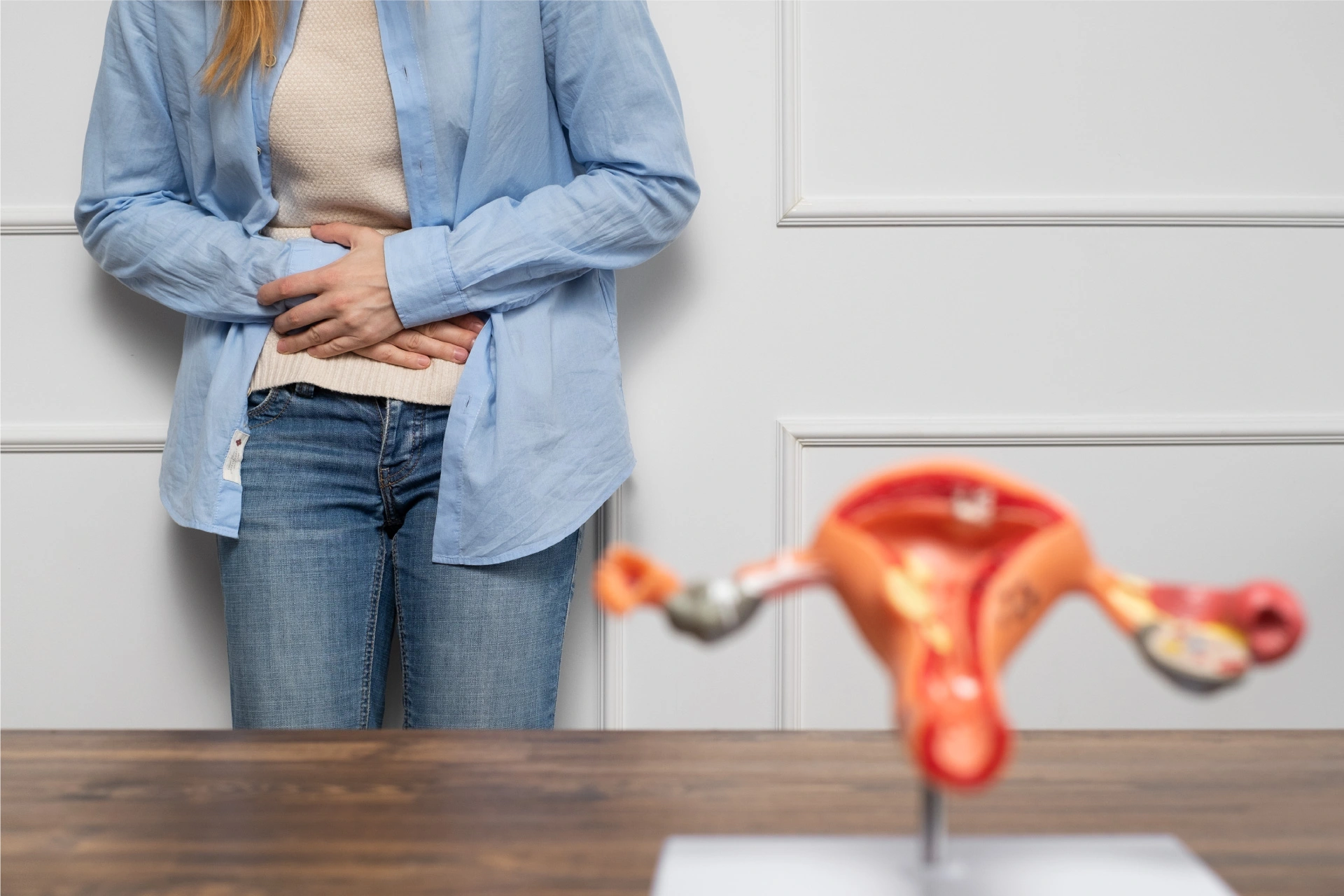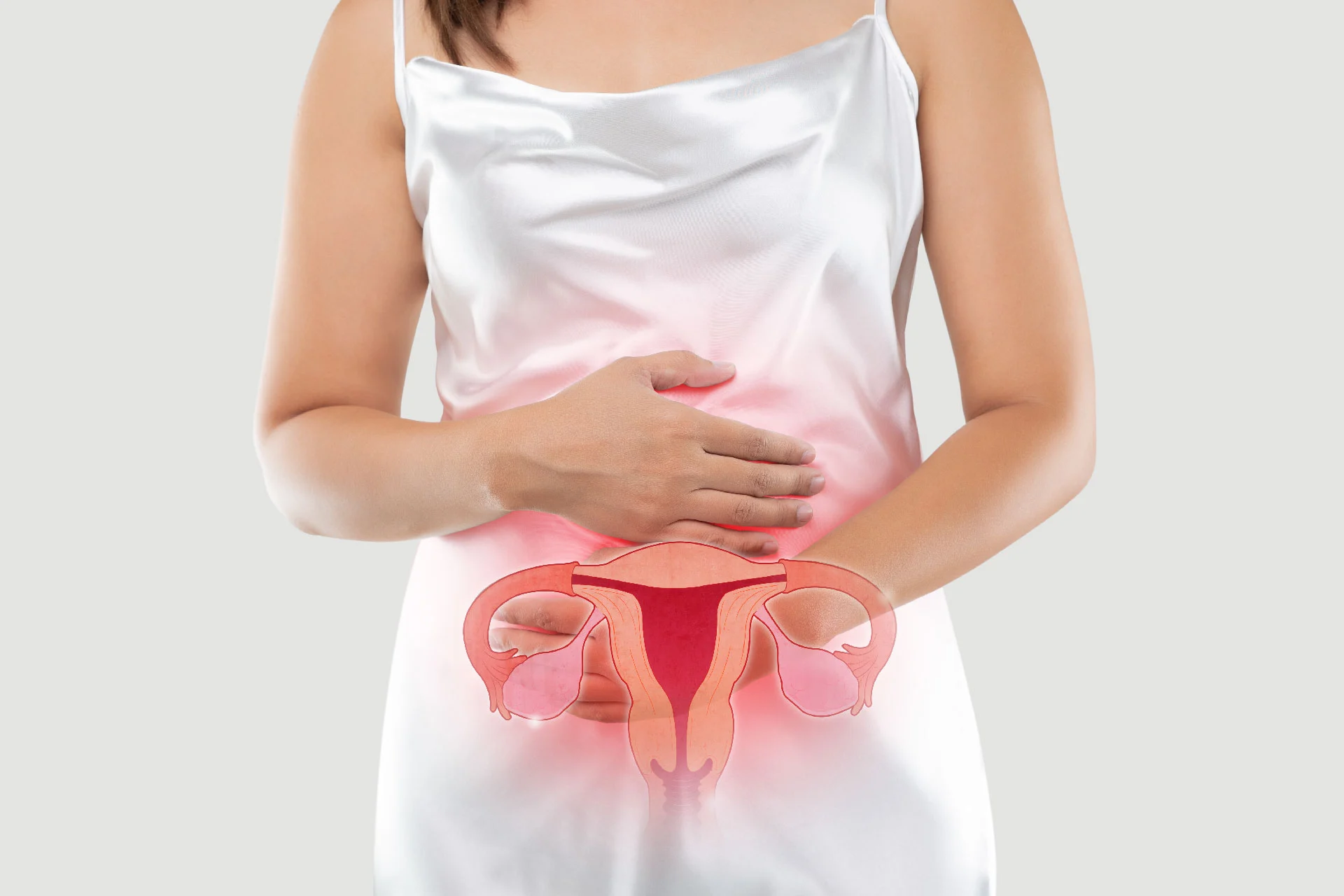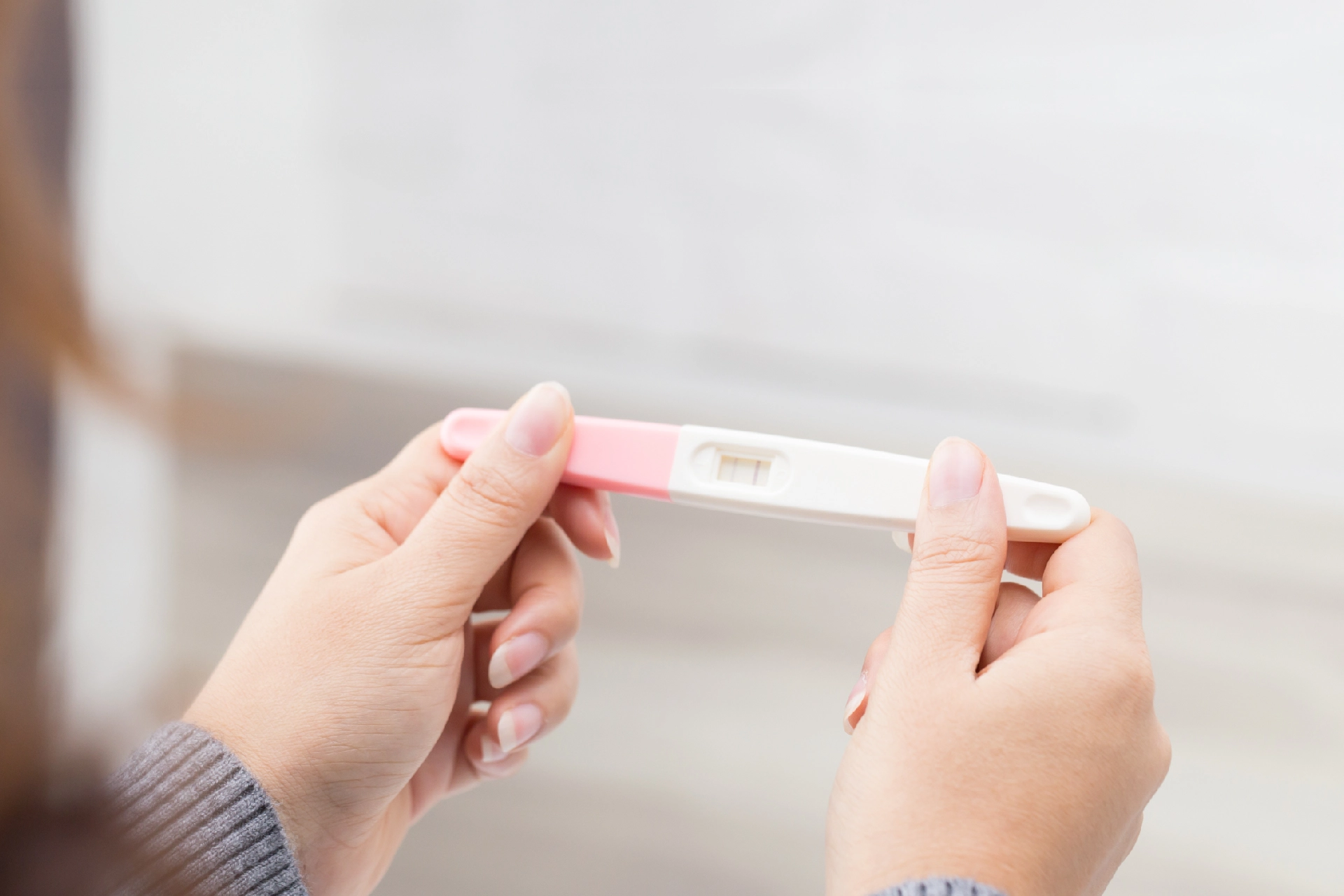Women's Health | 7 min read
Here are 10+ Early Symptoms of Pregnancy You Should Keep in Mind!
Medically reviewed by
Table of Content
Key Takeaways
- An early sign of pregnancy could be fatigue and tender, sore breasts
- Bloating and food cravings are also some early symptoms of pregnancy
- These can have other causes so get a blood test to confirm pregnancy
While you can and should take a blood test to confirm pregnancy, there are certain early signs of pregnancy that can signal what’s coming. The minute processes of the female reproductive system lead to certain changes in your body. For instance, you may become too conscious of smells or feel a lot of tiredness. These symptoms can help you take the next steps in a more informed manner as you get a pregnancy confirmation.
While you will see different signs during the various stages of pregnancy, these may differ from woman to woman. Knowing these signs may make your journey during pregnancy easier. It will also help you know whether you need a confirmatory test for pregnancy. Read on to know more about these early signs of pregnancy.
Early Signs of Pregnancy
Missed Period
A missed period is one of the most common signs of pregnancy. This is because when conception has happened, your body may start producing hormones that will stop ovulation and the shedding of the uterus lining. Although this is the most common sign of pregnancy, you may miss your period for other reasons such as stress, weight fluctuation, and more. This is why it is recommended that you take a pregnancy test after a week of your missed period.
Tender Breasts
During pregnancy, your body will produce more progesterone and estrogen. These are the hormones that make changes in your body to support your baby’s growth. As a result of this increase in hormones, your breasts may feel sore or tender. This will fade as your body gets used to the hormone levels. Some women also experience this before their period, which is why this sign on its own should not be taken as a pregnancy confirmation.
Breathlessness
The hormone progesterone causes your lung capacity to rise when pregnancy first begins. By doing this, you can transport more oxygen to your kid and expel waste products like carbon dioxide that you and your partner make. Your breathing gets deeper with each breath, and you take in and let out a lot more air. You can feel out of breath as a result. Also, as your pregnancy nears term, the weight of the growing baby and uterus on your diaphragm may cause your breathing to seem labored.
Nausea and Vomiting
More than half of all pregnant women have "morning sickness," which typically starts during the fourth to sixth week of pregnancy. Loss of appetite, along with nausea, are among the symptoms. Many pregnant women who suffer from morning sickness feel symptoms all day long rather than only in the morning.
Backache
More than one-third of pregnant women experience back pain. This is typically caused by ligament loosening and a shift in posture brought on by the developing pregnancy. Wearing flat-heeled shoes, sitting in supportive seats, avoiding carrying heavy objects, and practicing light exercise can all help prevent back pain during pregnancy.

Cramps and Spotting
Usually, these happen before and during your menstruation. However, you may also experience them after conception. The cramps may feel same as the cramps during and before your period. After experiencing cramps, spotting and no period, you may take pregnancy test to confirm the cause of these signs. If you experience cramps mainly on one side of your abdomen or if they are severe, contact your doctor immediately. It may be a sign of ectopic pregnancy or any other complication.
Additional Read: PCOD: What is PCOD Problem and Its Causes, SymptomsIncreased Urination
This sign usually starts even before you miss your period. The cause behind your frequent trips to the bathroom is the increase in amount of blood. During pregnancy, your body will have more amount of blood than before. This increase will cause your kidneys to filter more blood and eliminate extra waste. The waste leaves your body in the form of urine. So, the more blood you have, the more you may have to urinate. The increased blood may also cause an increase in heartbeat [2].
Bloating
This happens because of your hormonal changes during pregnancy. However, bloating may also be caused by other factors such as eating too quickly, gas, periods, side effect of birth control, or more. Taking a pregnancy test will help you get a confirmation as to why you are experiencing this symptom.
Constipation
Constipation is characterized by irregular, challenging bowel motions. Constipation is a typical pregnancy issue that can be brought on by pregnant hormones reducing your GI tract's function or by the pressure of your expanding uterus pressing against your rectum. Pregnant women who experience constipation are encouraged to:
- Drink lots of water daily
- Boost your dietary fibre intake (such as bran, wheat and fresh fruit and vegetables)
- Practice mild, low-impact exercises like yoga, strolling, or swimming
Haemorrhoids (piles)
You may feel strain due to constipation or the weight of your baby's head, which can cause hemorrhoid's (also known as piles). Be at ease; symptoms typically go away on their own within a few days of birth. If you have bleeding from hemorrhoid's, itching, irritation, or pain, then:
- Increasing your daily water and fibre intake can help you relieve or prevent constipation
- Spend around 15 minutes in warm, salty water, especially after having a bowel movement
- Put on haemorrhoid cream
- See your GP (doctor) or midwife if the bleeding or pain persists
Food Aversions and Cravings
During your pregnancy, you may also experience a change in your taste. The smell of your favorite food may make you nauseous. You may also have certain food cravings for the first time. This is because when you are pregnant, you may be more sensitive to some odors, and you tastes may also change. These are caused by the hormonal changes happening in your body.

Mood Swings
As your hormones fluctuate during pregnancy, you may also experience mood swings. These can happen throughout your pregnancy. Mood swings may either make you unusually weepy or emotional. However, if you feel anxious or have thoughts of harming yourself, contact your doctor immediately.
Metallic Taste
This sign is not as common as the others but is not rare either. Many women experience a metallic taste in the month early on in pregnancy. It may taste like your mouth has a pile of coins. This may occur randomly through the day or when you eat a certain type of food.
Itchy Skin
The body's response to the stretching of the skin during the later stages of pregnancy is thought to be the cause of an itchy rash. Pruritic urticarial papules and plaques of pregnancy (PUPPS) are a name for this condition. Antihistamines and moisturizers can be used to stop itching. How safe antihistamines are during pregnancy should be discussed with your doctor or midwife. In addition, a blood test can be used to check for significant liver disease in rare cases where the palms of the hands and soles of the feet itch.
Vaginitis
Vaginal inflammation, or vulvitis, is a common and painful condition among women. During pregnancy, it happens more frequently. Vaginal thrush, bacterial vaginosis, trichomoniasis, and chlamydia are a few causes of vaginitis. For a diagnosis and treatment, consult your doctor.
Fatigue
A high level of progesterone may make you feel tired at the start of your pregnancy. This tiredness usually gets better by the second trimester but may return during the third trimester.
Leg swelling and varicose veins (swelling)
Due to several circumstances, such as increased blood circulation during pregnancy and pressure from the growing uterus on the larger veins, varicose veins of the legs are quite frequent in pregnant women. In addition, Oedema, or swelling of the legs due to increased pressure on the veins, can also produce pain, a sense of heaviness, cramping (particularly at night), and other strange symptoms.
Changes in Your Body
Apart from all these symptoms, you may also see changes in your body. You may gain weight, get acne, feel constipated or nauseous, and experience nasal congestion, headaches or dizziness.
Additional Read: 7 Natural Do-It-Yourself Pregnancy Tests You Can Try at HomeRemember, these signs do not necessarily indicate pregnancy. They can also be a sign of PCOS, PMS, viral infections or other health conditions. This is why taking a pregnancy test will give you a clear answer.
The presence of a hormone called HCG in your sample confirms pregnancy. If you are wondering how to confirm pregnancy, you can go for:
- Blood test
- Urine test
- Over the counter pregnancy test
After you get your pregnancy test results, consult your doctor to plan the next steps. For simplicity and ease, you can book a teleconsultation with the best OB-GYN near you on Bajaj Finserv Health. This way, you can get the best advice while staying safe at home!
References
- https://www.mayoclinic.org/healthy-lifestyle/getting-pregnant/in-depth/home-pregnancy-tests/art-
- https://www.ncbi.nlm.nih.gov/pmc/articles/PMC4928162/
Disclaimer
Please note that this article is solely meant for informational purposes and Bajaj Finserv Health Limited (“BFHL”) does not shoulder any responsibility of the views/advice/information expressed/given by the writer/reviewer/originator. This article should not be considered as a substitute for any medical advice, diagnosis or treatment. Always consult with your trusted physician/qualified healthcare professional to evaluate your medical condition. The above article has been reviewed by a qualified doctor and BFHL is not responsible for any damages for any information or services provided by any third party.





